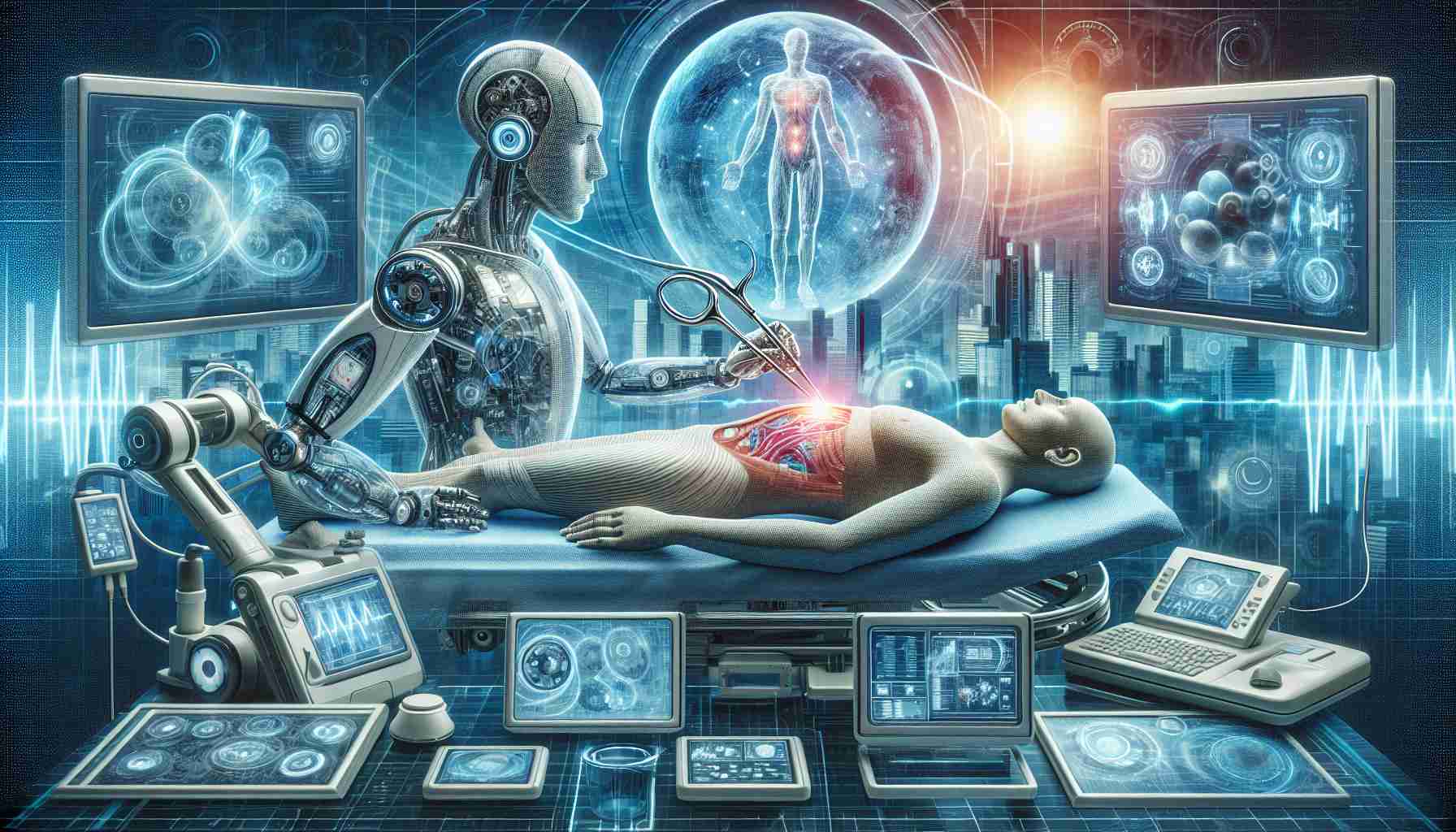The rise of artificial intelligence (AI) has brought about a new era of possibilities, impacting various industries and reshaping the way we live and work. One area that holds tremendous promise is healthcare, as AI has the potential to revolutionize disease prediction, prevention, and personalized healthcare, ultimately extending human life expectancy.
AI’s Role in Personalized Healthcare
AI’s ability to analyze vast amounts of medical data is transforming the healthcare landscape. By identifying patterns within this data, AI can develop personalized treatment plans that cater to an individual’s unique genetic makeup and lifestyle. This personalized approach is replacing the traditional one-size-fits-all model, leading to more effective healthcare outcomes.
Furthermore, AI’s impact extends to medical research, most notably in drug discovery and development. AI algorithms excel at sifting through extensive datasets to identify potential compounds for new medications. This process is faster and more accurate than conventional methods, potentially saving countless lives by accelerating the drug discovery process.
AI in Disease Prediction and Prevention
Another area where AI shines is its predictive capabilities. By analyzing a patient’s medical history and studying trends and patterns within the data, AI can predict potential health issues before they escalate. Early detection allows for timely intervention, increasing the chances of successful treatment and potentially preventing life-threatening conditions.
AI: Balancing Opportunities and Concerns
While AI offers tremendous opportunities, it also poses challenges. Job displacement is a significant concern as AI becomes more advanced and capable of automating routine tasks. The fear of significant job losses looms, urging us to find ways to adapt and restructure the workforce to embrace the benefits of AI without sacrificing livelihoods.
Moreover, the ethical implications of AI cannot be overlooked. AI systems learn from the data they are fed, which can introduce biases and lead to skewed outcomes. It is crucial to address and mitigate these biases to ensure fairness, transparency, and equal treatment for all individuals. Additionally, the use of personal medical data in AI systems must be accompanied by robust privacy measures to protect sensitive information.
A Glimpse into the Future
As we look ahead, the future of AI promises to further revolutionize our lives. AI-powered technologies will seamlessly integrate into our daily routines, enhancing home automation systems, entertainment experiences, health monitoring, and security systems. However, perhaps the most exciting prospect of all is AI’s potential to significantly extend human life expectancy, paving the way for longer, healthier lives.
In summary, AI’s impact on healthcare and longevity is undeniable. Its ability to personalize healthcare, advance medical research, and predict and prevent diseases holds immense potential. To fully embrace the benefits of AI, careful management of ethical and privacy concerns is essential. By doing so, we can leverage AI’s power to extend human life while upholding our values and protecting individual rights.
FAQ Section:
Q: What is the role of AI in healthcare?
A: AI is revolutionizing healthcare by analyzing medical data to develop personalized treatment plans and speeding up drug discovery.
Q: How does AI contribute to personalized healthcare?
A: AI analyzes vast amounts of medical data to identify patterns, allowing for personalized treatment plans based on an individual’s genetic makeup and lifestyle.
Q: What impact does AI have on disease prediction and prevention?
A: AI can predict potential health issues by analyzing a patient’s medical history and patterns, enabling early detection and intervention to prevent life-threatening conditions.
Q: What are the challenges posed by AI in healthcare?
A: Job displacement and ethical concerns are significant challenges. Adapting and restructuring the workforce is necessary to balance AI’s benefits without sacrificing jobs. It’s also important to address biases and ensure privacy of personal medical data used in AI systems.
Q: What is the future potential of AI in healthcare?
A: AI has the potential to seamlessly integrate into various aspects of daily life, such as home automation, entertainment, health monitoring, and security systems. The most exciting prospect is AI’s ability to significantly extend human life expectancy.
Definitions:
– Artificial Intelligence (AI): The simulation of human intelligence in machines that can analyze data, learn from it, and make decisions or perform tasks.
– Personalized healthcare: Tailoring medical treatments and plans to an individual’s unique genetic makeup, lifestyle, and medical history.
– Drug discovery: The process of identifying and developing new medications, often involving the screening of large datasets for potential compounds.
– Predictive capabilities: The ability of AI to analyze data and identify patterns or trends that can be used to predict potential health issues or outcomes.
Related Links:
1. World Health Organization – Recommendations on Ethics and Human Rights in AI
2. American Medical Association – Ethical Guidelines for AI in Healthcare
3. National Center for Biotechnology Information – AI in Drug Discovery and Development
4. Nature – AI in Healthcare: Unrealized potential and challenges

